writes International Relations student Maozya Murray
*The views in the following article are the personal views of the author and are not an official position of the School.*
Las Cañadas, an agroecological cooperative nestled deep in the misty cloud forests of Veracruz, Mexico, is showing how agroecology can provide a valuable axis around which to organise more ecologically and socially just forms of living and producing.
Reviving the Territory
In the Biointensive Food Garden, Paco had spent the last sixteen years; breathing new life into the soil using a method called ‘double digging‘, that improves the structure of the earth by loosening it, so plants can grow and absorb nutrients properly. One morning, he pulled two handfuls of dirt from the ground, a quiet proudness peeling the corners of his mouth into a grin. His right palm held a sandy–coloured dust, not dissimilar in quality to the chalky soil of the South Downs – a rich, dark earth; full of nutrients. ‘Here, everything we take from the soil is returned’, he explained.
The cooperative, which produces around 70% of the food needed to feed its twenty–five partners, uses an eco–technology called dry toilets, that allows them to return the nutrients in human–waste back to the soil. This technique, known as ‘terra preta’ or ’Amazonian Dark Earths’, replicates nature’s recycling system, that is capable of reconstituting 100% of the waste material in an ecosystem.
A cyclical approach to the management of territories is at the heart of agroecology – a principle that is clearly reflected in the design of the production systems, here in Las Cañadas. Walking on the stony pathway that winds and climbs through the 305 acres of subtropical rainforest that are home to the community, it can be hard to imagine how all the modules are interconnected. Yet, to the partners and workers at the cooperative this is second nature.
In the early hours, when the cloud clusters hang low in the valleys, metal canisters of milk are driven over to the kitchen to be turned into cheese. Later, the whey, separated from the cheese, is fed to the sheep that graze the pastures amongst the Macadamia trees. After harvest season, the nuts will be toasted with sugar or mixed into spicy salsas, providing delicious food for the partners. This circular system of food production and land management is replenishing and enhancing the health of the territory and those who live in it.
Working with Nature
Producing in more circular and regenerative forms is also having a profound effect on the way people relate to their work. Knowing that none of what they produce is wasted, makes the partners proud and joyful. Learning to make queso chihuahua in the kitchen one afternoon, Aleta was careful to remind us to save the whey. ‘Cheese is milk frozen in time’ she said, ‘it remains there only momentarily before returning to the earth through our digestive systems – there is no waste here’. The importance of her work to the wider ecosystem that sustains life in the community, allows Aleta to find meaning in every stage of the production process. To her, milk was a live organism that transformed into different states, forms and shapes; working with cheese is an honour for Aleta.
The agroecological management of food and land systems transformed the way people interacted with the ‘natural’ world. By placing the recreation of life and the regeneration of nature at the centre of production, Las Cañadas is demonstrating that agroecology can help to reverse alienation from work, and bridge the human/nature dichotomy that justifies the extraction and exploitation of the environment.
Shifting Social Relations
Back in 2006, the idea had been to focus on ecological and social justice through the cooperative structure, with the hope that it would naturally bring about solidarity and community. Today, those changes begun to occur. At a political level, Las Cañadas is organised democratically, with partners voting in people’s assemblies to make decisions relating to the project. Everyone is paid equally and, in theory, there is no distinction between ‘workers’ and ‘bosses.’
The shift in social relations is a time–consuming process, but one that can have a profound effect on the way people interact with their work, and with each other.
‘I like not having a boss, it enables me, who knows the garden most intimately, to have a say in its trajectory’, says Bernado, as he rests on a hoe beneath the shade of a pear tree; brief respite from the blistering afternoon sun. ‘I work better when I don’t have someone watching over my shoulder all the time.’
For some, the cooperative simply offers better working conditions, and for others, the project felt inherently political, part of the broader transition away from the socially and ecologically exploitative relations that characterise capitalism.
Despite differing feelings and opinions around what it meant to be a socio cooperativista, the focus on ecological and social justice shifted social relations. The interdependence of the modules and a shared commitment to agroecological food and land systems, fostered acts of solidarity and mutual aid between the partners.
Although many of them worked alone, or in groups of two and three, each specialised in their own production system. There were many tasks that had to be done collectively. For example, on harvest day; or if there was a large area of grass that needed to be cleared. Engaging in communal work or lending a hand when needed , played a central role in building community identity and promoting non–monetary forms of exchange. The shared ownership of resources compounded these effects.
The Movement
I left Las Cañadas on a sunny day in late August. As the community disappeared in the rear–view mirror, it was easy to feel like the project had been a dream – impossible to enact in the ‘real’ world. But Las Cañadas does not exist in isolation. Rural peoples, communities and social movements around the world, are increasingly using agroecology as a tool to fight for environmental and social justice in the face of climate catastrophe. In the UK, agroecology is employed by movements such as the Land Workers Alliance, to fight for more sustainable farming and land–management systems. The movement is doing important work to bring questions of land redistribution and socioeconomic justice back into public debate – a dimension that has been significantly neglected by the ‘green’ agenda.
At the international level, anti–capitalist social movement La Via Campesina, is uniting small–scale producers, migrant workers, indigenous communities, rural women, and others facing the violence of neoliberal agricultural policies, to fight for agrarian change. Representatives of the organisation sit in international policy spaces such as the UN, and have won important battles regarding the spread of agroecology and the protection of peasant and rural community rights.
At a time when the entangled social and ecological crisis are in urgent need of radical solutions, agroecology, and the communities and movements bringing it to life, are demonstrating that more socially and environmentally sustainable ways of living and producing, are possible.
The research for this photo essay was funded by the Nicola Anderson Memorial Bursary. A very special thank you to the Nicola Anderson family whose genuine interest in, and excitement for, the project, made it a reality.
*Pseudonyms are used throughout the blog to de–identify participants involved in the research*


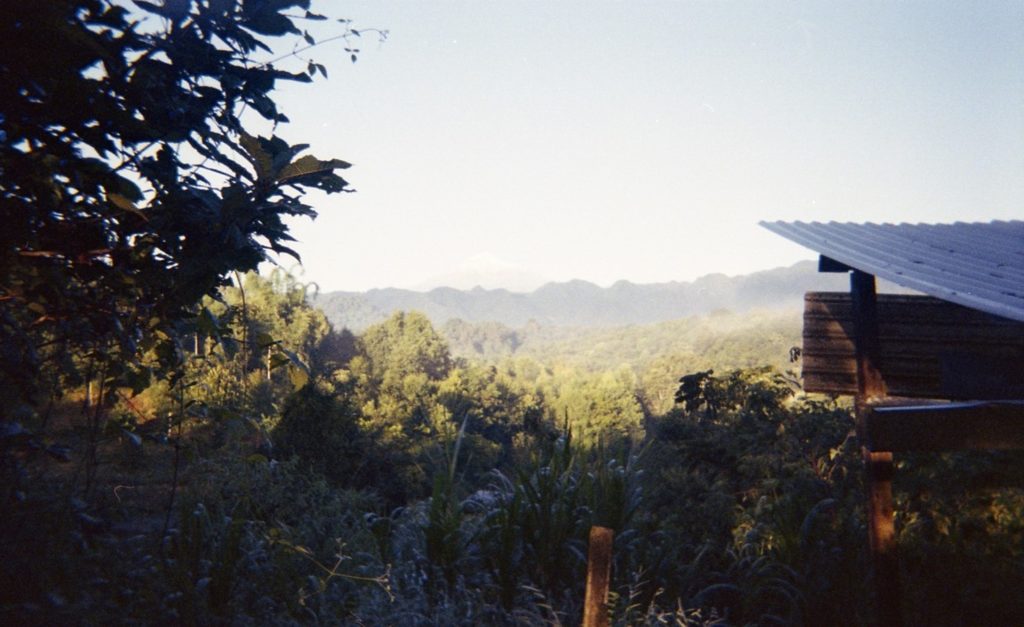
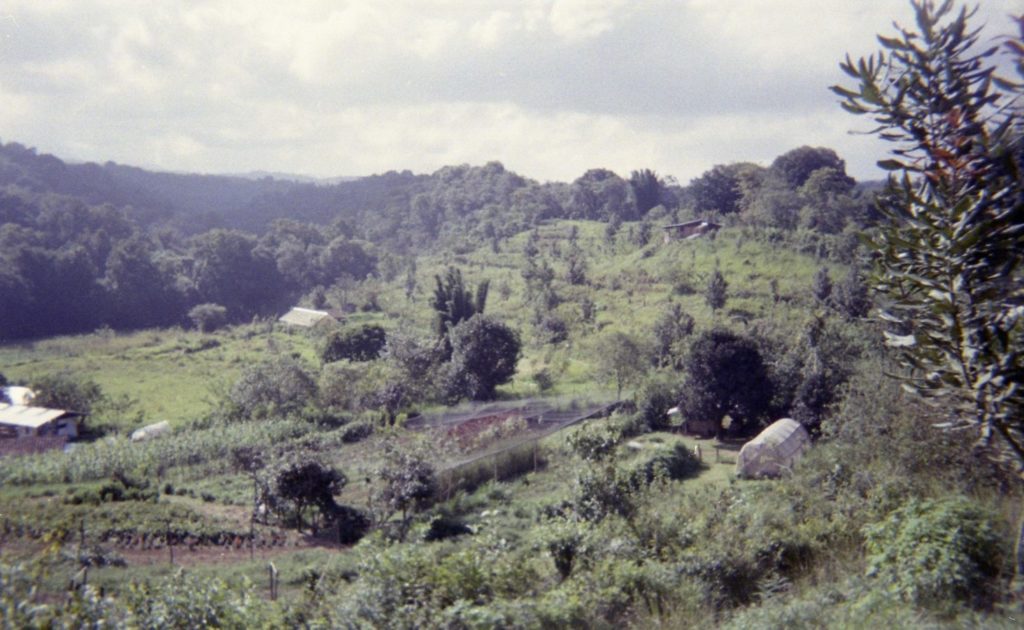
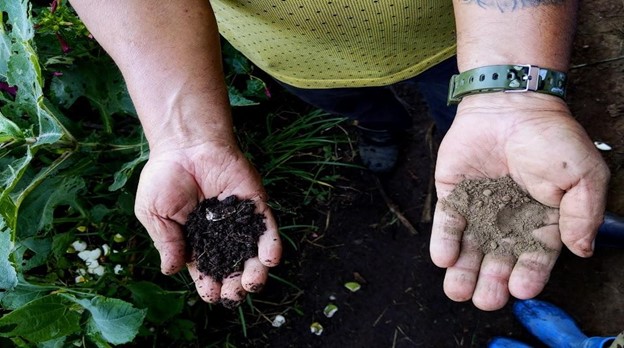
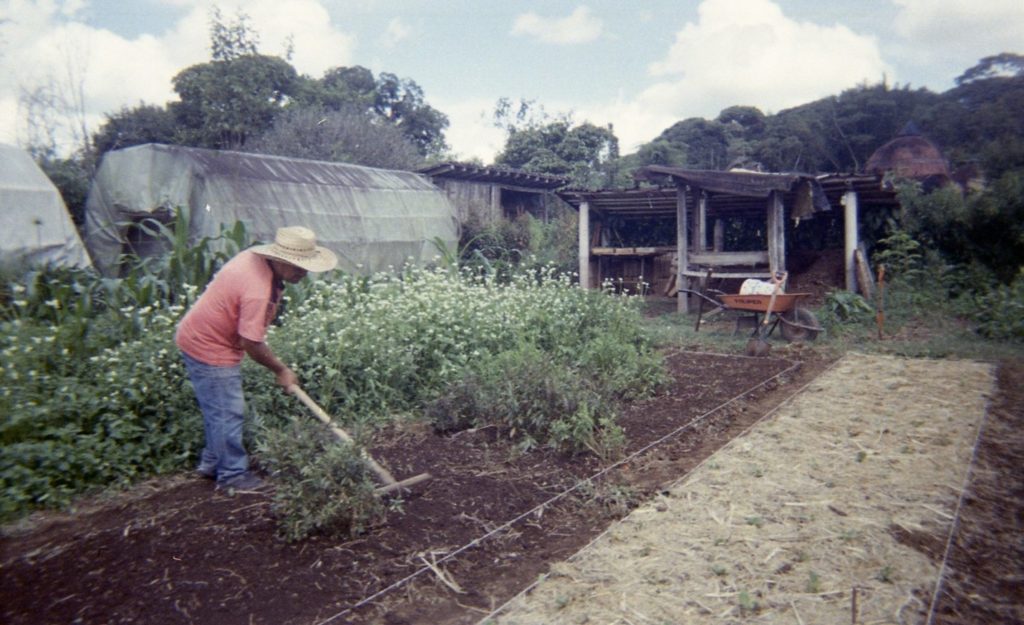
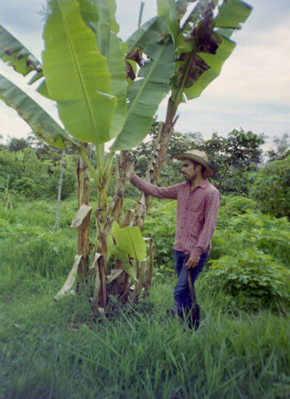
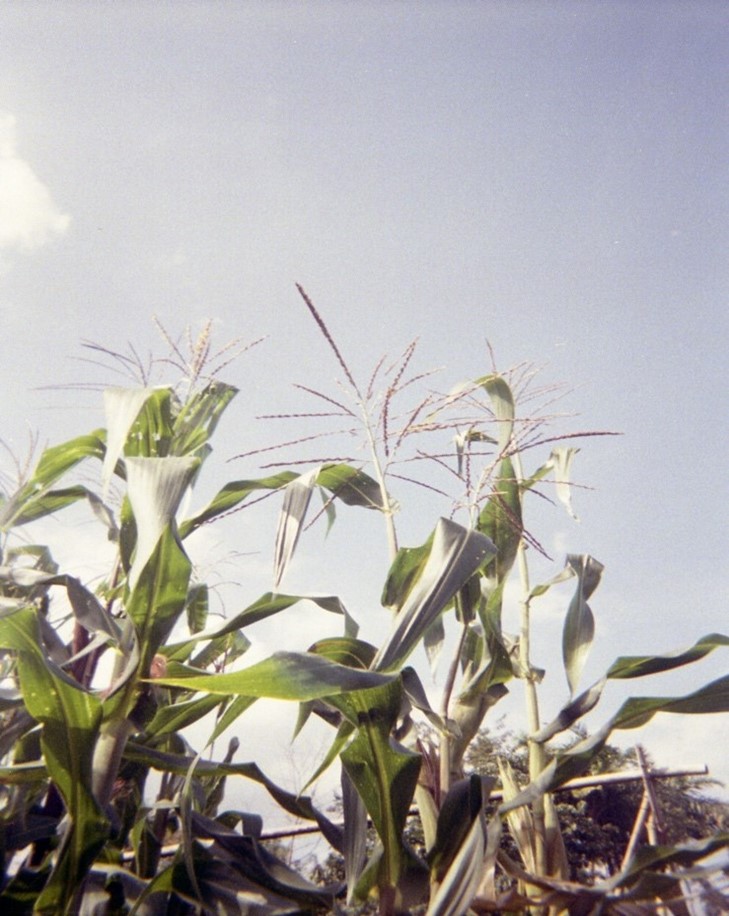
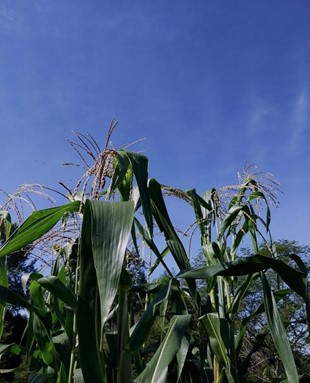
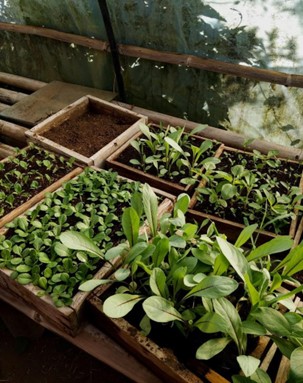
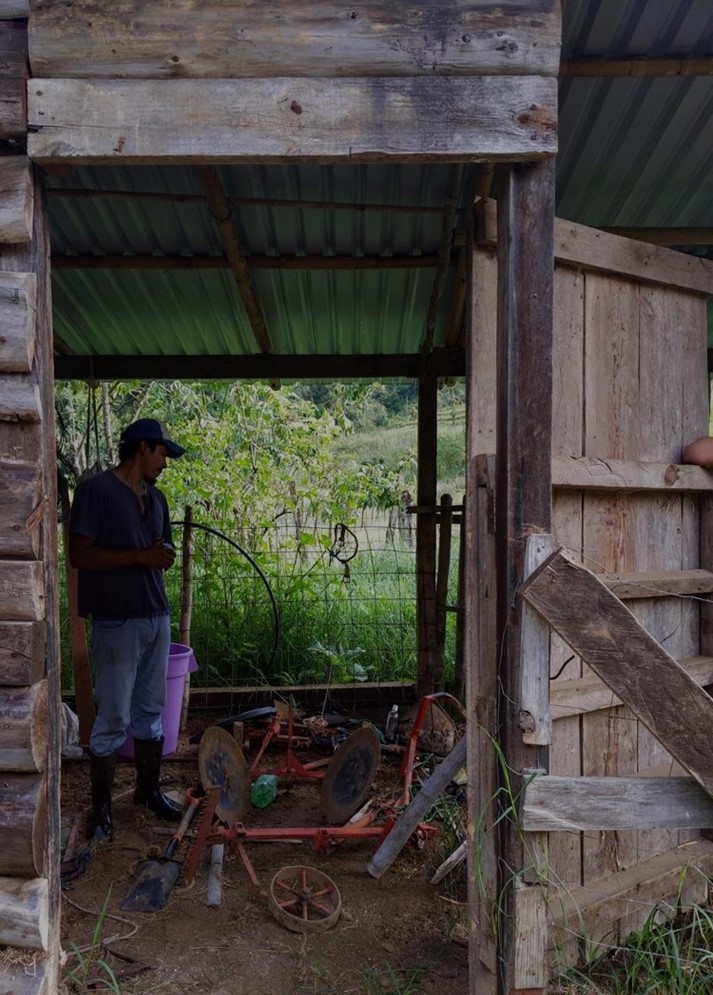

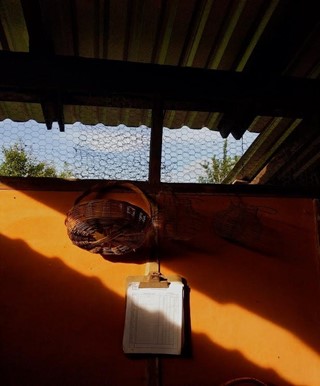
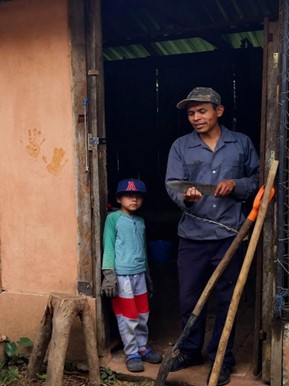
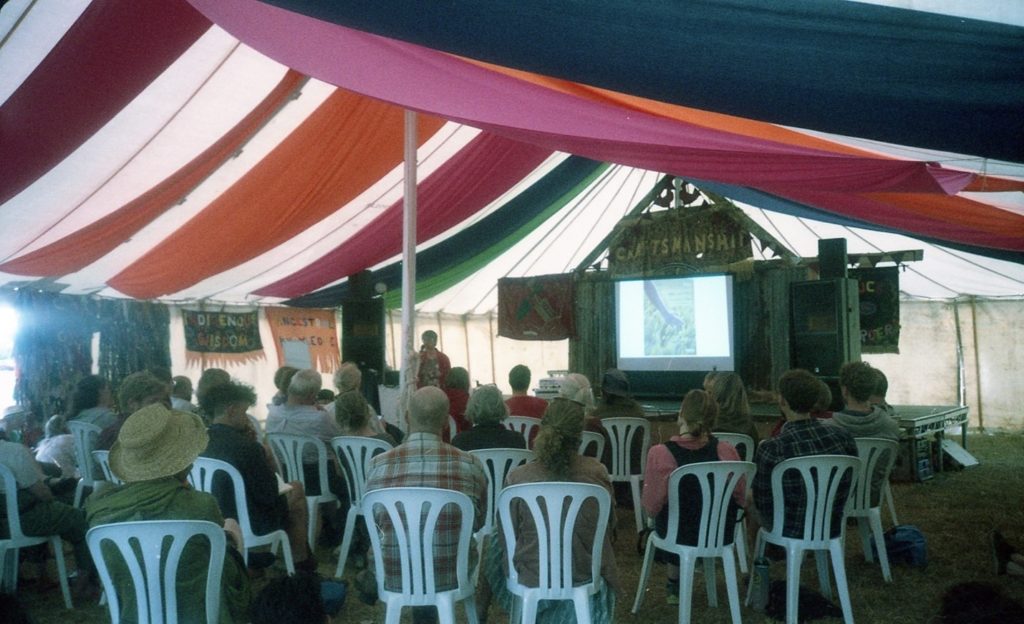
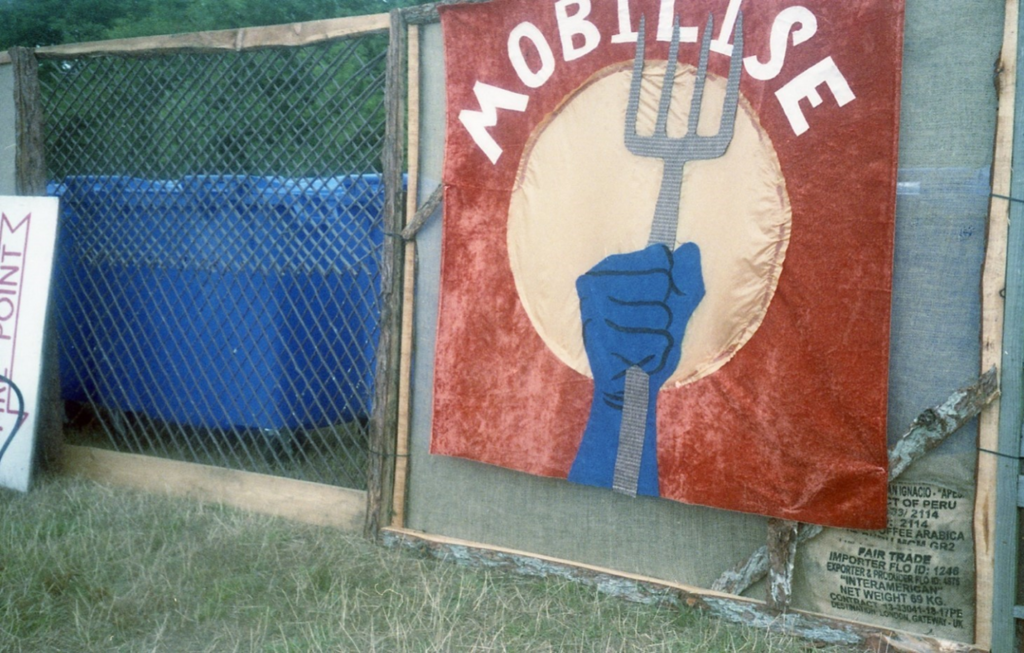


Leave a Reply